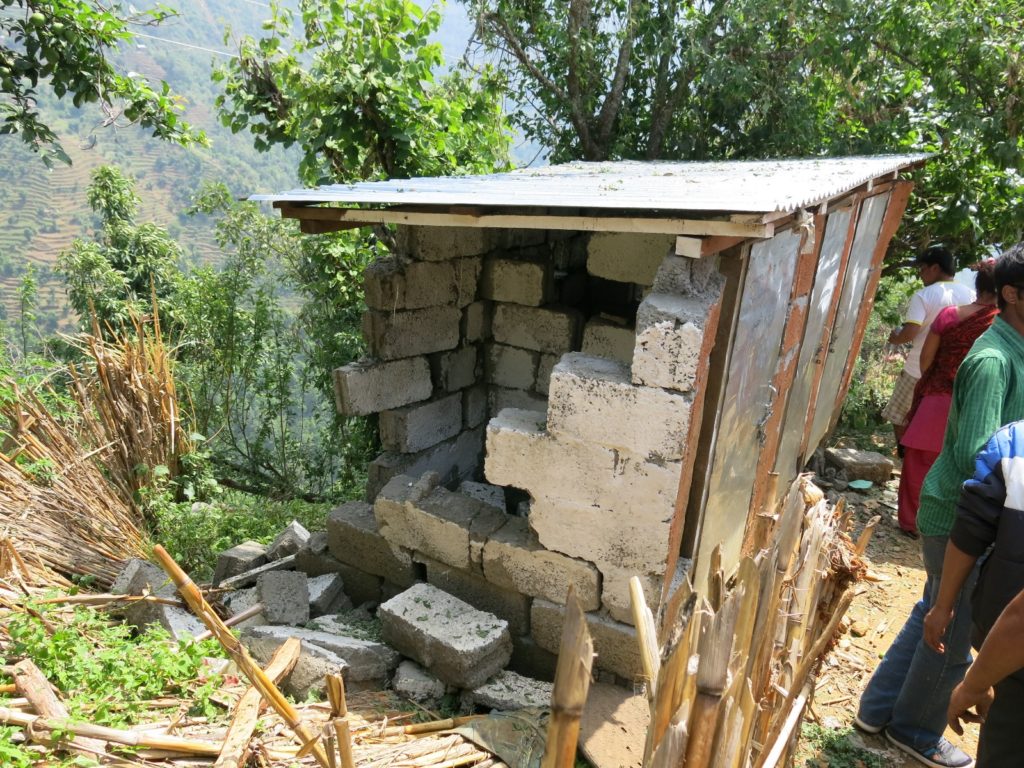Fragility poses a major global threat; currently, around 1.8 billion people live in countries classified as the most fragile states. The OECD 2018 report states that without action, more than 80 per cent of the world’s poorest will be living in fragile contexts by 2030.
Crises can be protracted, with temporary camps and settlements ending up being used for many years. Sustainable WASH services require stable systems (e.g. for monitoring, financing, human resources), which inevitably come under huge strain in a fragile or conflict affected area.
The immediate focus for WASH in an emergency context is often on reducing public health risks – providing an environment free from faecal contamination, and uncontaminated water.
However, many questions and challenges remain about how to approach WASH in fragile and post-emergency contexts, and how to create resilient WASH systems where disruption will lead to the inevitable loss of positive gains in improved S&H access:
- Where should support go (e.g. to the government or civil society organisations) and how can post-emergency interventions be coordinated?
- How can programmes be implemented in areas where access is difficult?
- How can disruption to ODF status by incoming populations be mitigated?
- How can sustainable solutions be found in informal settlements?
- How can we make S&H systems, and their user communities, more resilient?






